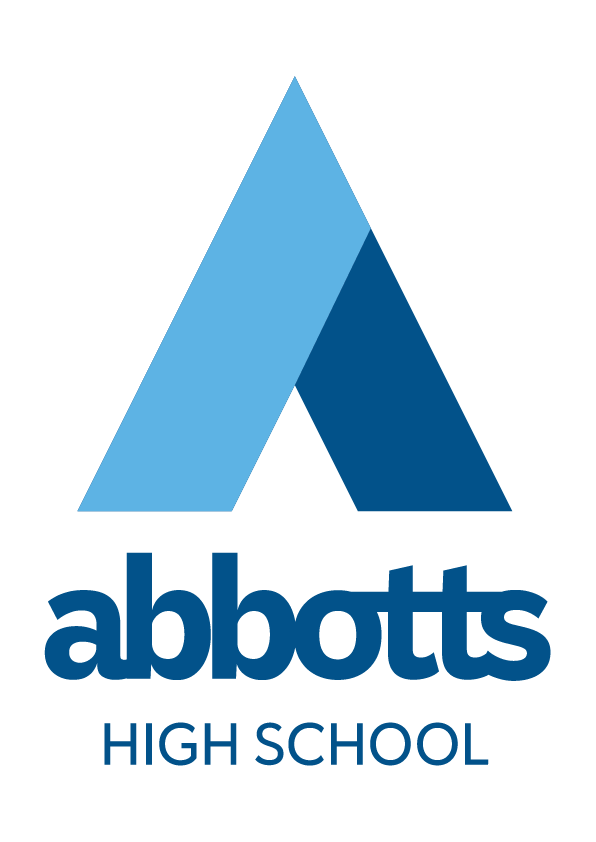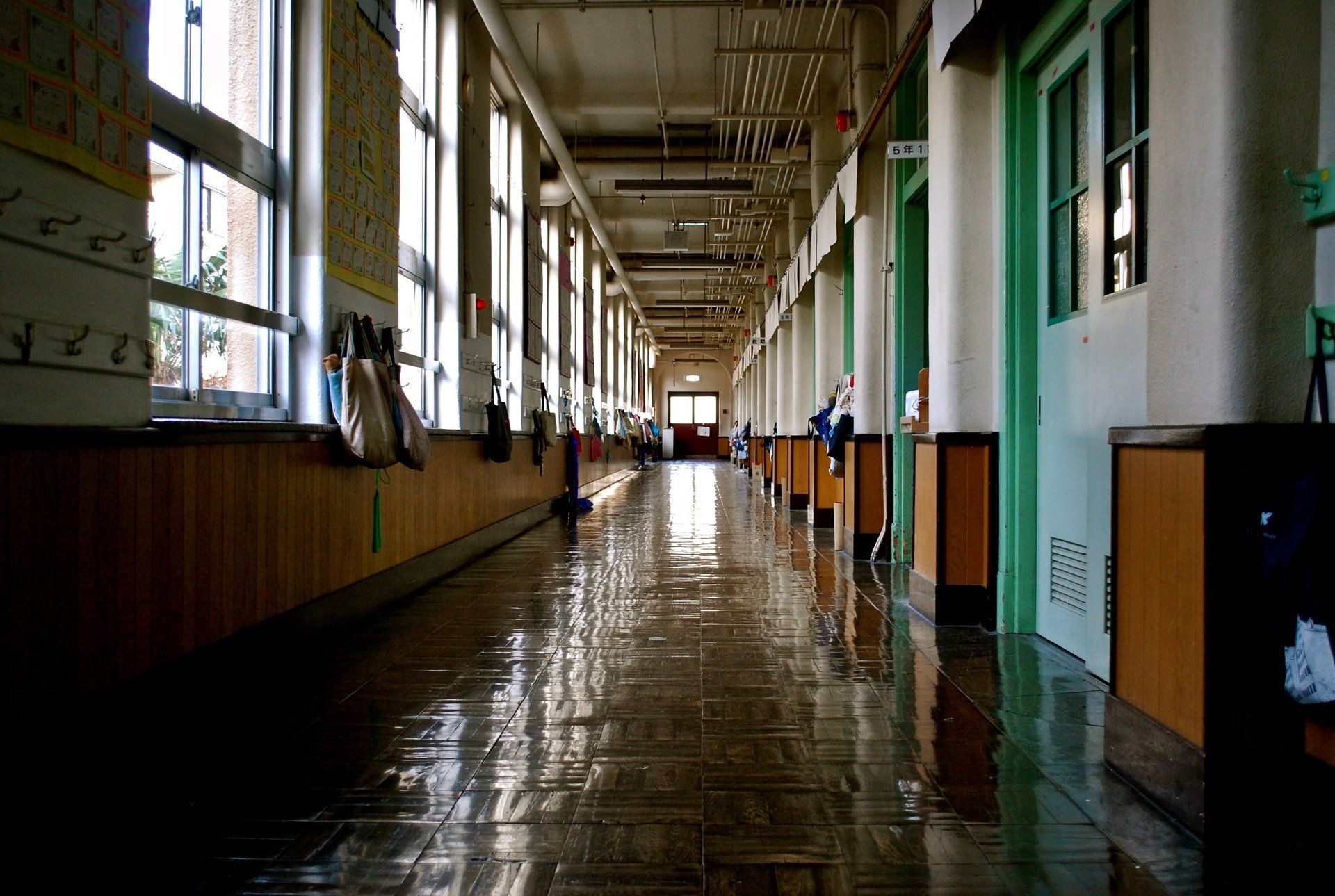REPORT CARD BLUES: WHAT ARE YOUR OPTIONS IF YOU DIDN’T DO WELL?
As the end of year examination season has drawn to a close, the tension surrounding the end of the year report publishing starts to mount in households around the country. Many parents often feel that they are more concerned about the end of year results and that their teenagers are already in holiday mode and show very little interest in these results.
This can merely be a smokescreen for the anxiety and fear that many teens experience, an education expert says.
“Children often try to avoid their parents more during this time because they feel as if they are constantly being reminded of the looming judgement day,” says Colette Ehmke, Head of Academics: Abbotts College Pretoria-East.
“The way parents approach this potential report-card minefield can cause lifelong damage to their children and their relationship with their child. Like with most things in life, it is vital to approach this with a well-constructed plan of action. When receiving the report, parents need to self-regulate their own response to ensure that they rather show care and not judgement. This is a teaching moment that can help to strengthen your relationship with your child and can help to build mutual trust and respect.”
Ehmke says parents and guardians should:
- Encourage open communication with their child. Determine which results they are most proud of and why. Also discuss the results they feel could have been better and why they think they did not achieve what they had hoped they would.
- Ask their child what they have learnt about themselves and how their perception of their own abilities, interests and talents may have changed.
- Determine, together with their child, where they needed extra help and how you as a parent can assist them in the following year.
“It is very important that parents are aware that most teenagers have not yet developed self-regulating skills and that they may not be able to manage their own time or create a plan of action for the following year.
“Skills that come naturally for adults are not yet developed and needlessly criticising your child’s inability to self-regulate does damage to your trust relationship. You need to assist your child to verbalise where they need help and what exactly they need to do to improve their results in the following year. It is important that you listen and allow your child to speak their own truth.”
So how can parents help?
“During your conversation with your child, it is important to allow them to evaluate their own goals and to set new or adjusted goals based on their report. Helping them to identify possible career avenues and exploring possible tertiary options based on their current results shows them that you are interested in their well-being and that you want them to succeed,” says Ehmke.
“It is very important not to live your own dreams through your child but to allow them to explore their own dreams. In Grade 10 and Grade 11, your child may need to make some subject changes based on their current results. It is very important that parents are realistic about their own child’s abilities. Your child can live a very successful and happy life without taking Mathematics and Physical Sciences. If your child is achieving below 50% in these subjects, they will not be able to gain entry into a Bachelor of Science degree and your child’s current subjects may not be serving them and their future at all.”
Considerations to keep in mind
Teenagers’ poor academic performance could very well be a symptom of something bigger.
“A number of teenagers are experiencing very high incidences of undiagnosed anxiety and depression and this may have a very negative impact on their results. Having some courageous conversations with your teen could prevent dire consequences later in life. Your child’s teachers may also have communicated that they struggle to finish tests or examinations and you may need to consider applying for accommodations to assist them.”
Comparing siblings’ results or the results of friends and family are also to be avoided.
“Comparison is the thief of joy and gives rise to the development of lifelong feelings of inadequacy. It is very important not to damage your child’s relationship with learning. We often wonder why older children are no longer in awe of learning but too many negative responses to poor performance destroys your child’s confidence and robs them of the enthusiasm we see in toddlers when they are going to school,” says Ehmke.
“Report season does not have to be filled with dread and be a doom and gloom experience. Teach your teenager that you value their input and that results should be viewed as a tool to self-discovery and not as a yardstick for personal value. A disappointing report card need no be more than a bump in life’s journey, as there are always options available for progressing, even if this means changing direction or embarking on a new path.”










